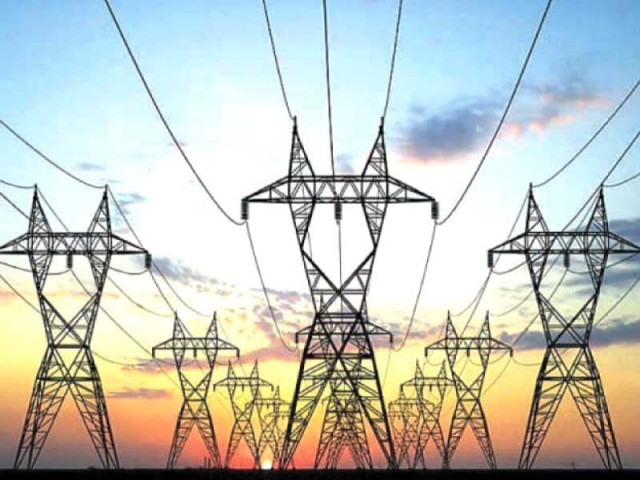A critical scenario: ‘Business as usual will sink the economy’
Ministry of Finance says sustainability cannot be guaranteed till drastic steps taken to address root causes of crisis

The trend of business as usual in the power sector will eventually sink the economy, the finance ministry has cautioned President Asif Ali Zardari during recent series of meetings which were held at the Presidency to find a solution to the sector that is on the verge of ‘collapse’.
The Ministry of Finance has told the country’s leadership that whatever amount the government may inject into the power sector, sustainability cannot be guaranteed until drastic steps are taken to address the root causes of the crisis, said senior officials who attended the briefings.
The officials said that the government paid Rs1.3 trillion as subsidies to the energy sector during the last four and half years but the issue of circular debt was not resolved. Ironically, the amount was higher than the capital required to build the 4,500 megawatt (MW) capacity Diamer Bhasha Dam, which is facing delays due to funding constraints. The estimated cost of the dam was $11.2 billion or Rs1.1 trillion.
The finance ministry briefed Zardari that due to continuous expenditures the country’s fiscal position had extremely deteriorated.
In the last fiscal year alone, the government gave roughly Rs500 billion in power subsidies – the key ground for the record high budget deficit of Rs1.77 trillion.
The 4,500MW generation capacity is equivalent to the shortfall the country was facing in September, resulting into power outages of up to 8 hours in urban centres and up to 14 hours in rural areas.
The officials added that the extent of the failure could be gauged from the fact that the water and power ministry did not have a clue regarding the precise demand and supply situation in the country. Earlier, Prime Minister Raja Pervez Ashraf said in a cabinet meeting that the figures of demand and supply were being “tampered”.
Secretary Economic Affairs Division, Javed Iqbal disclosed in a Public Accounts Committee meeting that the water and power ministry was not implementing a foreign-funded project envisaged to install a credible load management system in the country. He said that the project would lapse very soon.
Improving governance and ensuring full recovery of bills were the only two options that could resolve the issue on a permanent basis, according to the officials. The finance ministry was liable to pay subsidies only to the extent of price differential claims, they added.
They said that the circular debt issue will remain alive until the Ministry of Finance runs out of funding for bridging the gap between billing and collection and the line losses, excessive to the permissible limit by the National Electric Power Regulatory Authority.
However, the water and power ministry knew well that when people take to the streets agitated by the outages, the finance ministry will be left with no option but to give funds what the officials called a ‘moral hazard’.
The National Transmission and Dispatch Company purchased 81.49 billion units of electricity last year but sold 65.6 billion units, showing a transmission and distribution loss of 16 billion units or 19.4% of the total purchase. The loss is 3.1% more than the permitted limit that added Rs28 billion to the circular debt in the fiscal year 2011-12, which the Ministry of Water and Power was now demanding from the finance ministry.
Overall, the distribution companies purchased Rs900 billion worth of electricity but recovered Rs470 billion from the consumers. The government gave Rs106 billion on account of price differential and the rest Rs324 billion was added to the circular debt in one year.
To recover these losses, the power distribution companies resorted to fake billings and the target were always end consumers. While citing an example of bad governance and corruption, the officials said that in the preceding fiscal year all the power distribution companies corrected 128 million fake bills, indicating the extent of fake billing in the country.
The government handed over copies of section 9 of National Accountability Bureau Ordinance to the CEOs of the power distribution companies.
Published in The Express Tribune, September 16th, 2012.



















COMMENTS
Comments are moderated and generally will be posted if they are on-topic and not abusive.
For more information, please see our Comments FAQ